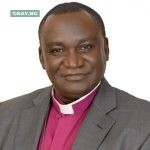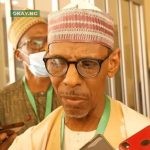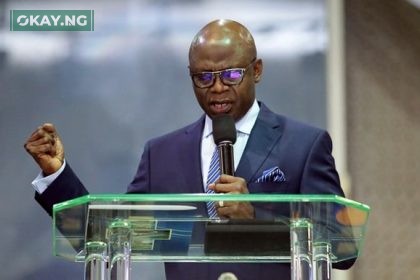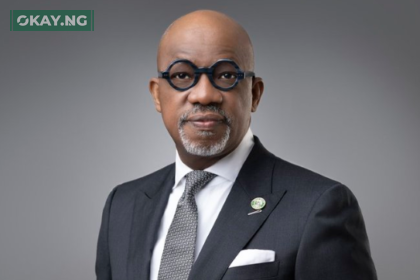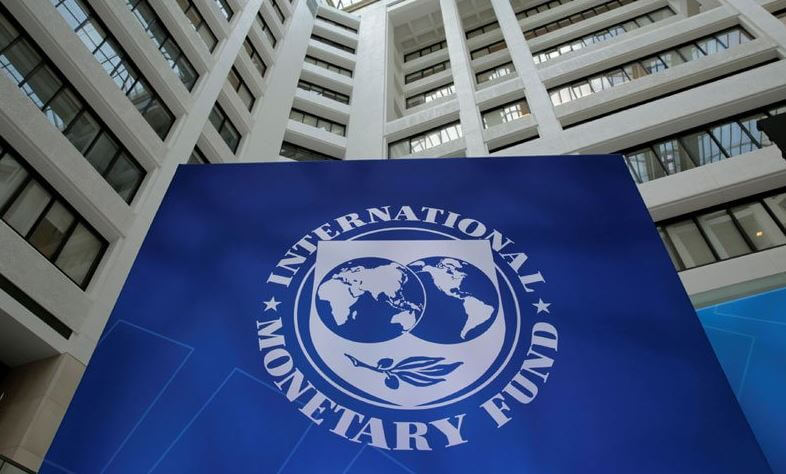At the resumed hearing of the case involving former national security adviser, Sambo Dasuki, the accused was not present in court. The case which is being heard by Justice Baba Yusuf of the Abuja High Court was stalled as a result.
But why wasn’t Dasuki in court? The counsel to the Economic and Financial Crimes Commission (EFCC), Rotimi Jacob, told the judge that Dasuki refused to be in court on the grounds that his lawyers, Joseph Daudu and Ahmed Raji, would not be available. Jacob claimed that despite his attempt to convince Dasuki to come and see how the proceedings would be conducted, the former NSA refused.
The lawyer asked that the trial should go ahead in Dasuki’s absence, arguing that his refusal to show up was a delay tactic. Jacob also disputed claims by Dasuki’s lawyers that they have been denied access to their client who has been in the custody of the DSS since December 2015. He said that an operative of the DSS informed him that the counsels to the defendant had never made any attempt to go to the DSS Office to see their client.
However, Wale Balogun, Dasuki’s lawyer urged Justice Baba Yusuf to disregard the claim of the prosecution, saying as of Wednesday, the accused was still denied access to his lawyers. Balogun said that the EFCC counsel’s claim that Dasuki’s lawyers never made attempts to see him in the custody was “baseless and unwarranted” because he was quoting a third-party.
The counsel said as the prosecutor, Jacob could not give evidence from the bar on why the defendant was not brought to court. He said what he ought to have done was to have filed an affidavit evidence to explain to the court why the defendant was not in court.
Balogun insisted that the accused could not be tried in his absence and without access to his lawyers to prepare effective defence. He added that the prosecution would continue to bungle the trial until they resolved to obey the rule of law and take necessary steps required by law.
The position of Dasuki’s lawyer was adopted by lawyers standing for other defendants in the criminal charges brought against Mr. Dasuki.
Justice Baba Yusuf, in his comment, agreed that the trial should have commenced, but said that could not happen in the absence of the defendant and without the permission of the court.
The judge said he would have agreed with the prosecution that lawyers to Mr. Dasuki had not made any effort to access their clients in the custody, but said it was clear the information was hearsay obtained from unnamed SSS Operatives.
The judge, therefore agreed with the defence counsel on the need to adjourn the case. He therefore adjourned the case to April 6 for the prosecution to produce the defendant in court.




